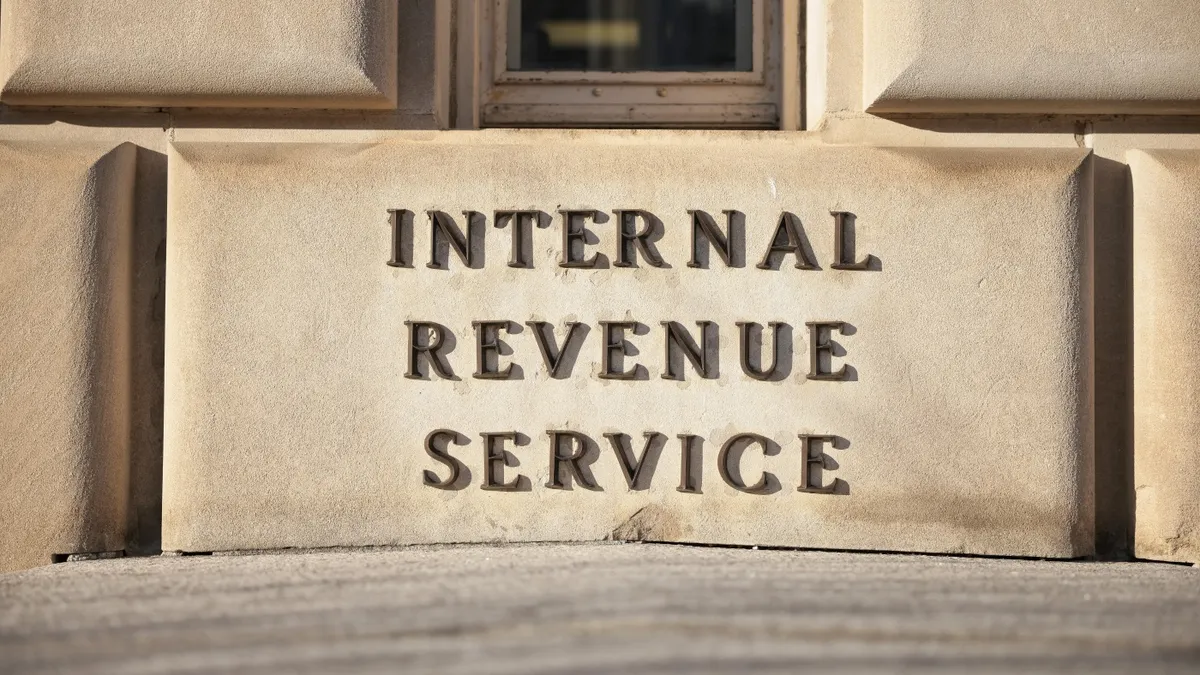
In a significant development, the Internal Revenue Service (IRS) has formalized an agreement with U.S. Immigration and Customs Enforcement (ICE) to share tax information regarding certain immigrants who lack legal status. This memorandum of understanding, signed on Monday, represents a crucial change in how tax records can be utilized by federal authorities. The details of this agreement were made public through a court filing the same day.
While the timeline for when this information-sharing initiative will commence remains uncertain, the agreement permits ICE officers to request data from the IRS about immigrants who have received final orders of removal or are currently under criminal investigation. This includes individuals who may be charged with failing to leave the country within a specified 90-day period. The framework aims to provide a structured and secure method to assist law enforcement in their efforts to tackle illegal immigration, as stated by Sophie Delquie, a senior adviser for public affairs at the Treasury Department.
This pivotal agreement was endorsed by both Homeland Security Secretary Kristi Noem and Treasury Secretary Scott Bessent. However, numerous sections of the 15-page document were redacted, obscuring the full extent of what information the IRS has consented to share. The framework does outline specific rules and protocols that ICE officers must follow in handling the data they receive.
Despite the establishment of guidelines, the agreement has raised significant alarm among immigrant advocates. They argue that the IRS's decision to share confidential tax information with the Department of Homeland Security (DHS) could jeopardize the safety of countless workers, pushing them further into the shadows and deterring them from complying with tax obligations. Murad Awawdeh, CEO of the New York Immigration Coalition, emphasized that instead of penalizing individuals who contribute to the economy and adhere to tax laws, the government should prioritize protecting their rights and fostering trust.
The DHS has not commented on the agreement, which is currently being challenged in a lawsuit filed by various immigrant advocacy organizations. These groups are seeking to prevent any potential information-sharing between the IRS and ICE, highlighting the fears that immigrants might have regarding their tax filings.
It is important to note that immigrants without legal status contribute significantly to the U.S. economy by paying billions in taxes, often using a unique nine-digit identification number known as the Individual Taxpayer Identification Number (ITIN). For years, the IRS has assured undocumented taxpayers that their information would remain confidential and that filing tax returns would not expose them to immigration enforcement.
In response to this new agreement, dozens of congressional Democrats have expressed their concerns in a letter addressed to Secretary Noem and the head of the IRS. They cautioned that if undocumented immigrants fear that filing taxes could lead to deportation, many will opt to avoid filing altogether. This could ultimately reduce federal revenues, which are vital for funding public schools, healthcare, and disaster relief efforts for American citizens, while simultaneously increasing the burden on the informal economy.
Despite the backlash, the IRS and DHS have decided to proceed with the agreement. The Treasury Department maintains that it is dedicated to safeguarding the confidentiality of taxpayer data. However, they pointed out that the law includes exceptions for criminal investigations, which are the foundation for this memorandum of understanding. According to the department, these provisions are rooted in long-standing authorities granted by Congress, designed to protect the privacy of law-abiding citizens while enhancing the ability to pursue criminal activities.